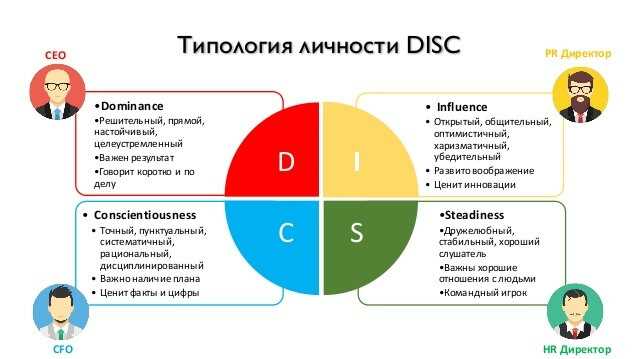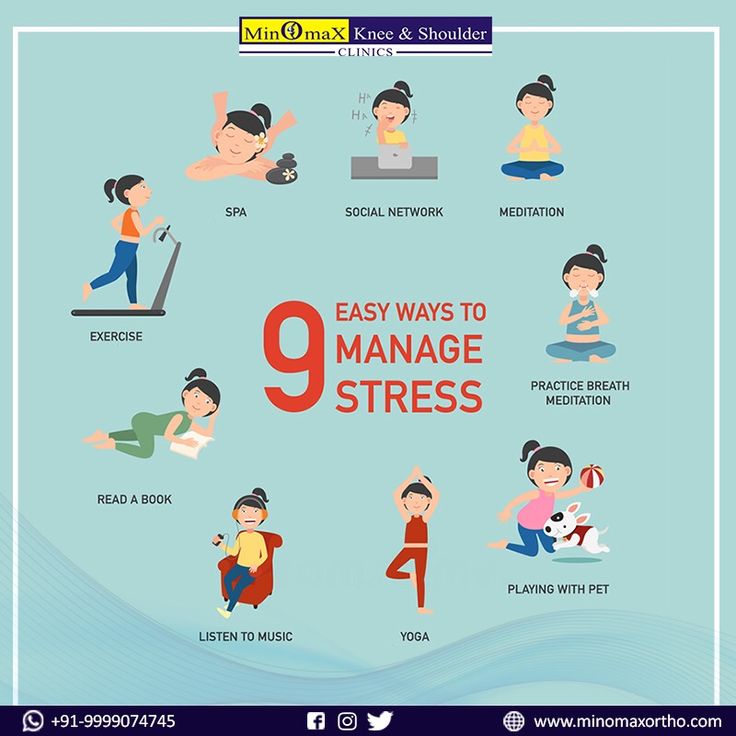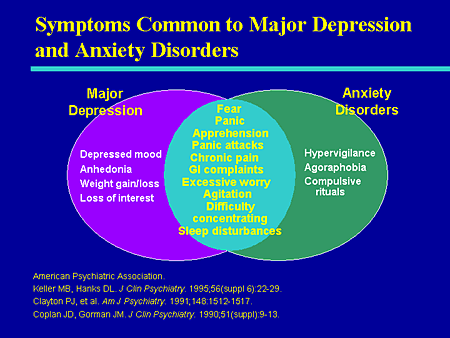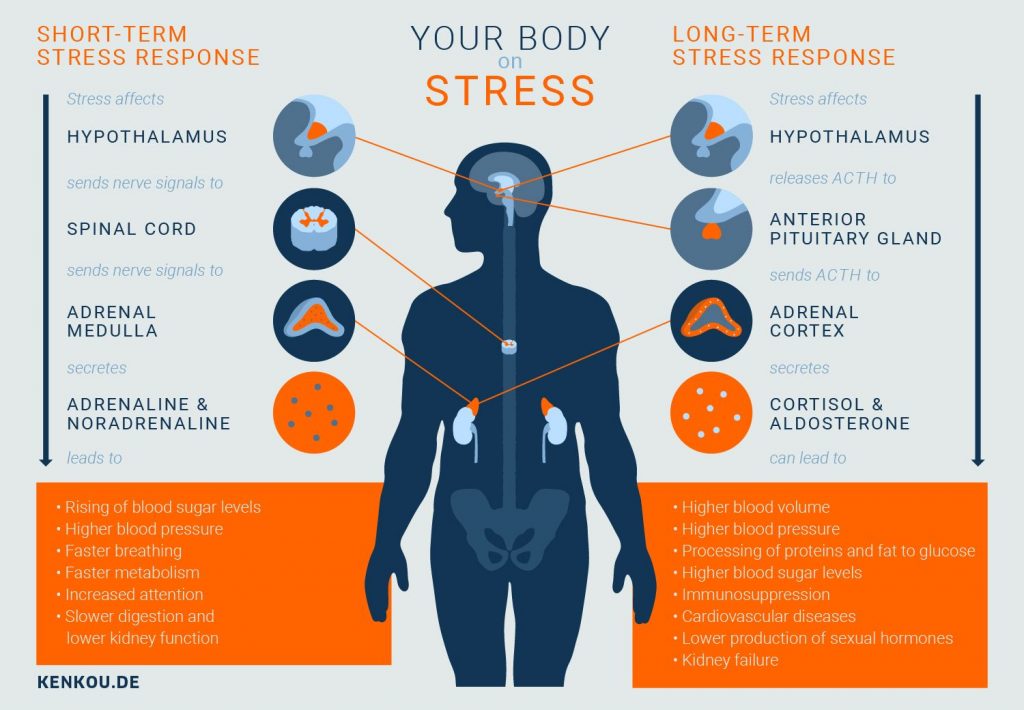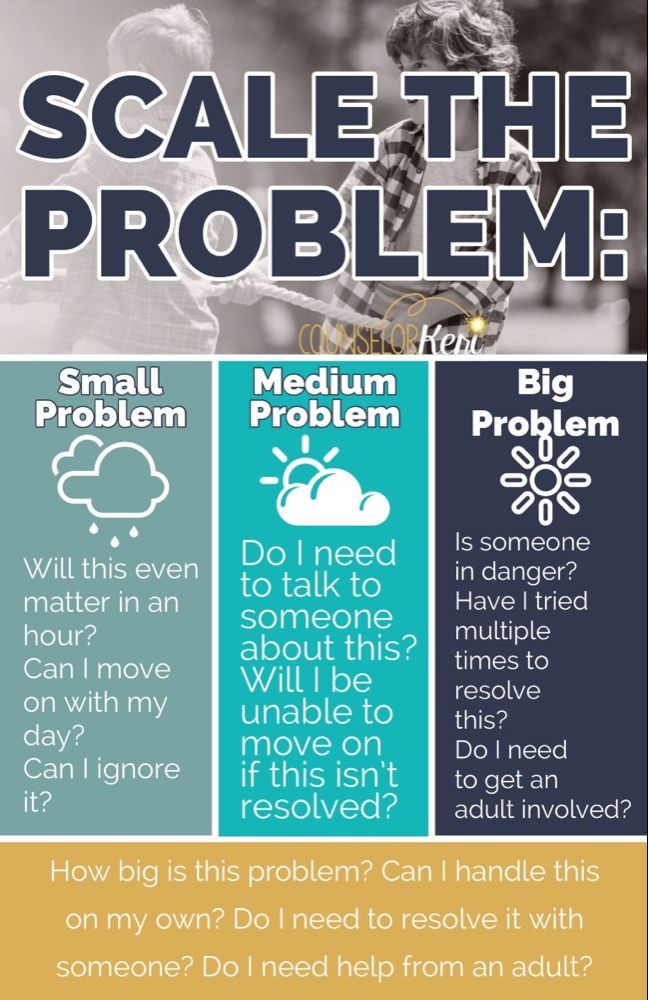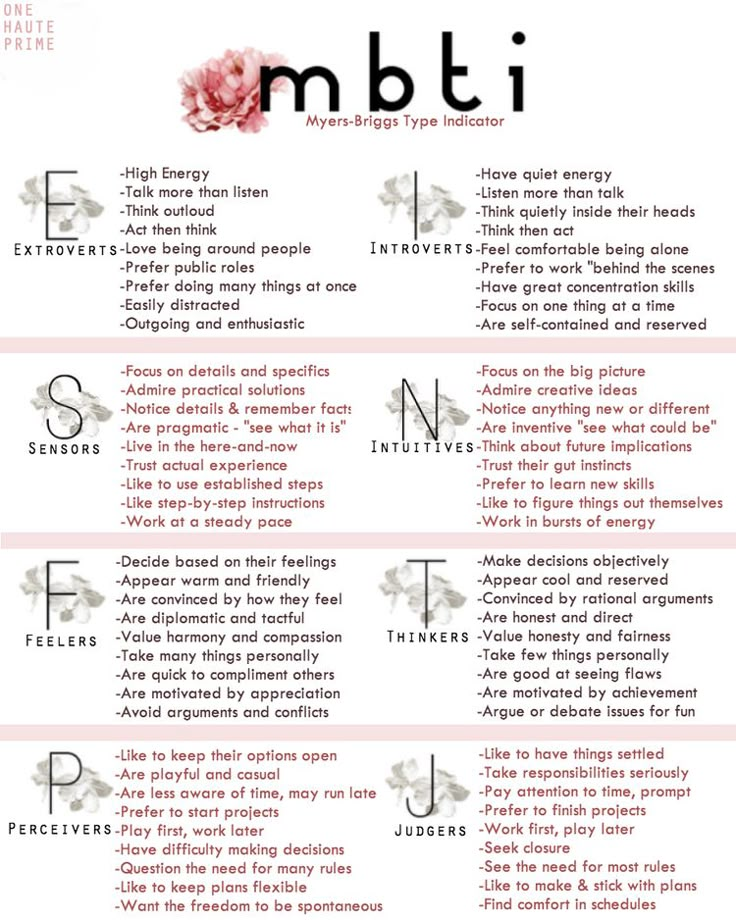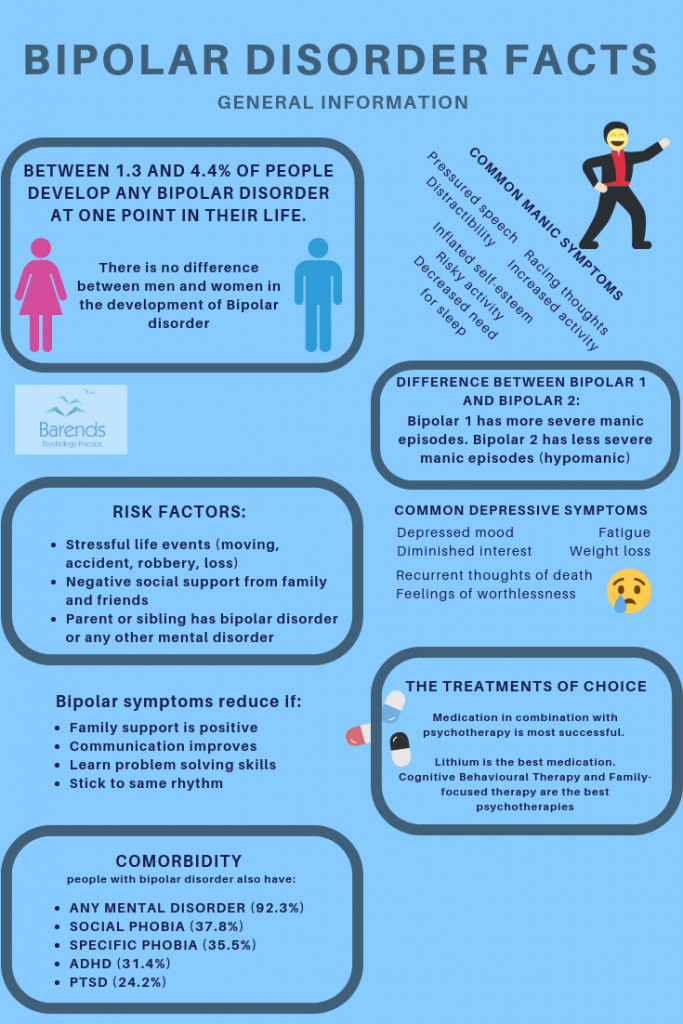Ocd personality test
Obsessive Compulsive Personality Disorder Test (OCPD)
If you’re wondering, “Do I have OCPD?”, a simple Obsessive Compulsive Personality Disorder Test may help you discover if this is true for you. With that knowledge, you can begin to seek help and treatment. It is confidential; you may already be in therapy but can gain insight by taking a quick test. Know that in addition to other treatments, Transcranial Magnetic Stimulation (TMS) may be of help for those with OCPD.
DISCLAIMER: You can print out the answers to these 10 questions; this is not a diagnosis but is a tool for screening. Taking this test may answer some questions about certain behaviors that have been a part of your life.
powered by Typeform
These are just some questions that might be a beginning to knowledge. Substance abuse and depression may be conditions that may further complicate OCD. You may have gained some insight into your question of “Do I have OCPD?” just by answering these 10 questions in this test.
What is OCD?
According to The Anxiety and Depression Association of America, OCD affected 1.2 percent of U.S. adults in one year in a study by the National Institute of Mental Health. More than 5 million American adults are diagnosed with this issue during their lifetime. It affects children as well as adults.
What are some symptoms of OCPD?
You might notice the following:
- Constant checking and arranging
- A need for symmetry
- Distress
- Anxiety
- Fears of contamination
- Ruminating thoughts
- Washing hands again and again
What is an obsession?
An obsession is a persistent thought that is uncontrollable. If you experience it, you will find it disturbing, intrusive, and unwanted. Compulsive acts provide relief.
Compulsions and obsessions mark the life of someone with obsessive-compulsive disorder.
Intrusive and unwanted thoughts as well as images and urges may cause distress or anxiety in the person with OCD.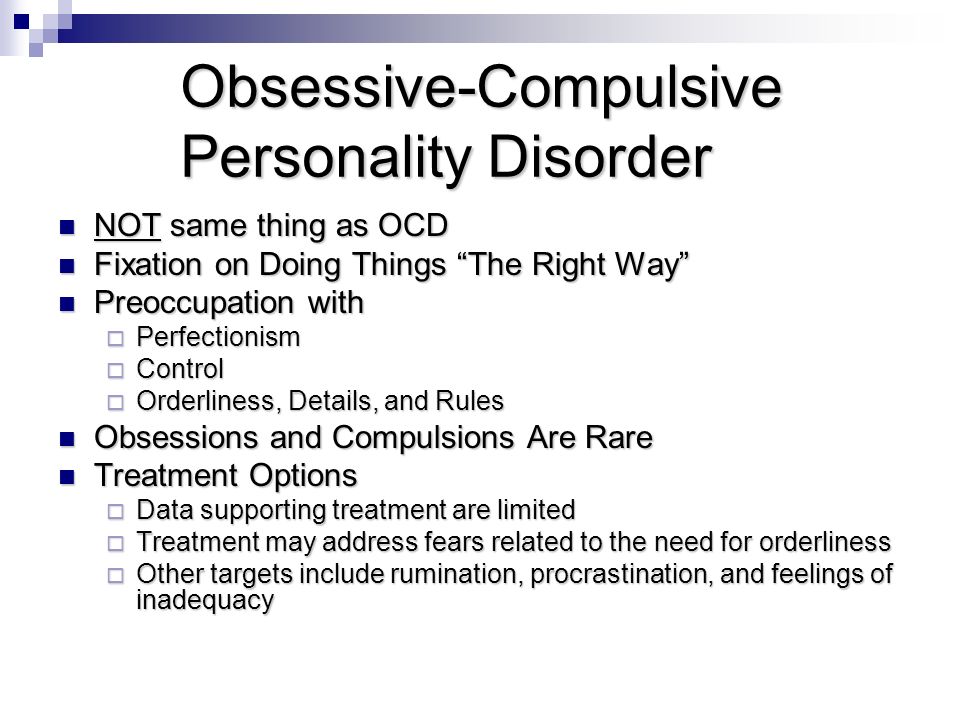 He or she feels compelled to perform certain behaviors to lessen their suppressed thoughts, distress, and anxiety.
He or she feels compelled to perform certain behaviors to lessen their suppressed thoughts, distress, and anxiety.
Stress can bring on symptoms in those predisposed to OCD. Both mental actions and physical actions may result in ways of coping with these unsettling feelings. Checking, washing, arranging, and obsessions with contamination may be shown. The need for things to be symmetrical is another behavior of OCD. Diverse and varied, behaviors of the person with OCD don’t always show logical causes.
What if OCD is left untreated?
Some of the disruptions that can occur include the following:
- Damage to relationships
- Substance abuse
- Depression
- Time and energy wasted due to compulsions
- Lack of peace of mind
- Panic attacks and anxiety
- Physical illness
Some treatments
Medication and therapy are two of the typical treatments. They may be combined in some patients. While these work for many people with OCD, there may be other symptoms, such as depression and anxiety.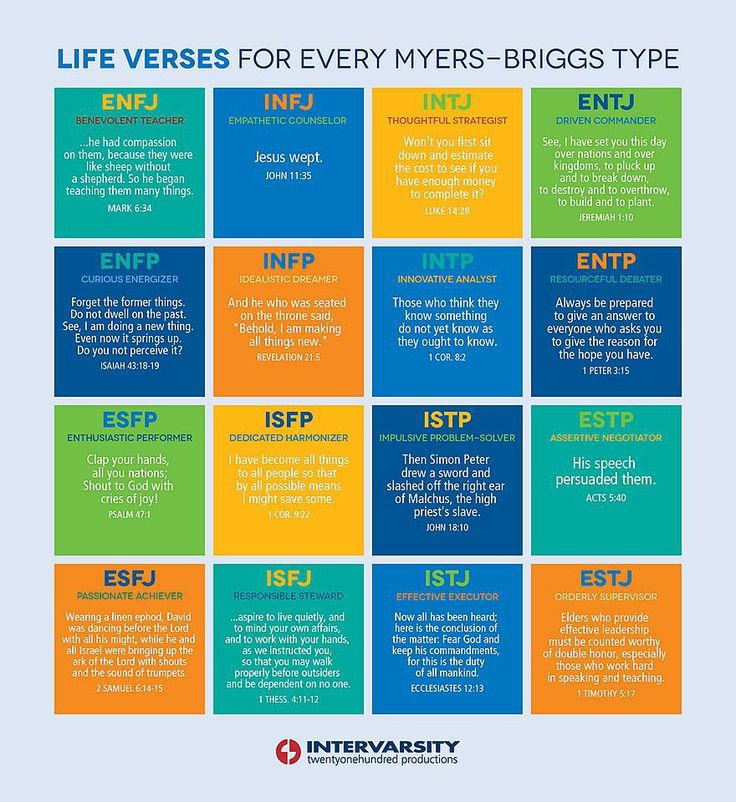
Medications of selective serotonin reuptake inhibitors (SSRIs) are used to help reduce OCD symptoms. Doses of these medicines for OCD may be higher than doses for just depression. They may not begin to work before 8 to 12 weeks.
Psychotherapy has proven to be effective in both children and adults. Cognitive Behavioral Therapy (CBT) as well as other therapies have been effective for these compulsions. In fact, spending time in the situation that triggers the behavior has been a part of the therapy for OCD.
The benefits of Transcranial Magnetic Stimulation (TMS)
A more recent treatment, approved in 2018, involves TMS. It has been proven to be beneficial as an additional treatment for OCD in adults.
TMS uses powerful magnets and the technology of Brainsway to change the activity in certain targeted areas of the brain. It changes the information flow between neurotransmitters and neural pathways; this helps to alleviate obsessions, compulsions, and anxiety. Free of intrusive thoughts, former OCD sufferers are able to lead fulfilling lives, without the distraction of distressing thoughts and compulsions.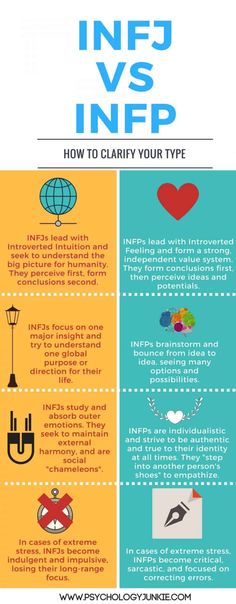
TMS is performed as an outpatient treatment that takes only about an hour per session. The patient is awake during the TMS and can return to work or school soon after the session. A period of treatment might be between three and six weeks, depending on the severity of the OCD.
A reduction of distressing symptoms usually can be seen after four weeks. Improvements usually are shown for up to four months. In addition to the improvement of the OCD symptoms, TMS works to improve depression and anxiety among those who have been treated.
Did you take the test?
With the help of the Obsessive Compulsive Personality Disorder Test, you may have gained some knowledge of yourself. At Pulse TMS, located in West Los Angeles, we help those who have depression and OCD with the added tool of Transcranial Magnetic Stimulation. Our setting for treatments is serene, peaceful, and comfortable. Contact us or call us at (310) 878-4346 to schedule treatments or to learn more.
OCD/OCPD Spectrum Test
The obsessive-compulsive disorder spectrum encompasses a range of symptoms, all pointing to the presence of repetitions, checking behaviors, and the like.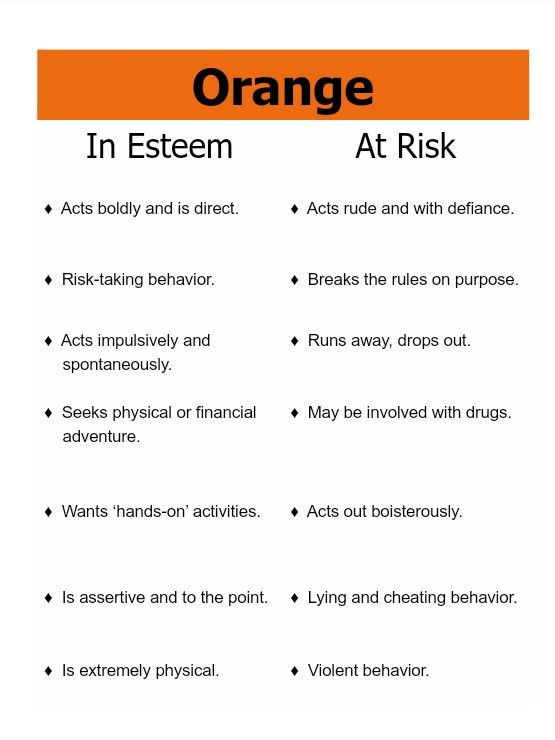 However, there is considerable variation in the type and severity of the symptoms.
However, there is considerable variation in the type and severity of the symptoms.
This test combines the insights of several prior efforts to research obsessive-compulsive disorders to bring you a single, composite test for measuring obsessive-compulsive occurrences across 7 different domains.
Where do you fall on the obsessive-compulsive spectrum? For each of the following questions, indicate your level of agreement below.
The IDRlabs OCD/OCPD Spectrum Test (IDR-OCST) was developed by IDRlabs. The IDR-OCST is based on the work of Dr. Wayne Goodman, M.D. and his colleagues, who created the Yale-Brown Obsessive Compulsive Scale (Y-BOCS). The IDR-OCST is not associated with any specific researchers in the field of psychopathology or any affiliated research institutions.
The IDRlabs Obsessive-Compulsive Spectrum Test was informed by the Y-BOCS’ criteria for obsessive-compulsive disorder as published in Goodman WK, Price LH, Rasmussen SA, Mazure C, Fleischmann RL, Hill CL, Heninger GR, Charney DS.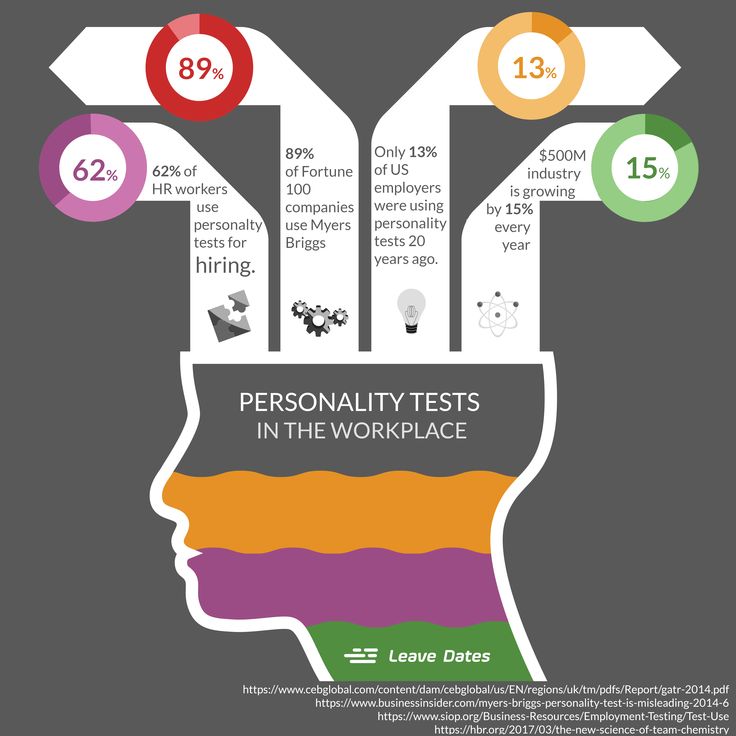 Arch Gen Psychiatry. 1989 Nov. 46 (11): 1006-11. doi: 10.1001/archpsyc.1989.01810110048007. PMID 2684084.; Rosario-Campos, MC; Miguel, EC; et al. (May 2006). "The Dimensional Yale-Brown Obsessive-Compulsive Scale (DY-BOCS): an instrument for assessing obsessive-compulsive symptom dimensions". Mol Psychiatry. 11 (5): 495–504. doi:10.1038/sj.mp.4001798. PMID 16432526.; Storch, E. A.; Larson, M. J.; Goodman, W. K.; Rasmussen, S. A.; Price, L. H.; Murphy, T. K. (2010). "Development and Psychometric Evaluation of the Yale-Brown Obsessive-Compulsive Scale—Second Edition". Psychological Assessment. 22 (2): 223–232. doi:10.1037/a0018492. PMID 20528050.; Esfahani, S.; Motaghipour, Y.; Kamkari, K.; Zahiredin, A.; Janbozorgi, M. (2012). "Reliability and Validity of the Persian Version of the Yale-Brown Obsessive-Compulsive Scale (Y-BOCS). (English)". Iranian Journal of Psychiatry & Clinical Psychology. 17 (4): 297–303.
Arch Gen Psychiatry. 1989 Nov. 46 (11): 1006-11. doi: 10.1001/archpsyc.1989.01810110048007. PMID 2684084.; Rosario-Campos, MC; Miguel, EC; et al. (May 2006). "The Dimensional Yale-Brown Obsessive-Compulsive Scale (DY-BOCS): an instrument for assessing obsessive-compulsive symptom dimensions". Mol Psychiatry. 11 (5): 495–504. doi:10.1038/sj.mp.4001798. PMID 16432526.; Storch, E. A.; Larson, M. J.; Goodman, W. K.; Rasmussen, S. A.; Price, L. H.; Murphy, T. K. (2010). "Development and Psychometric Evaluation of the Yale-Brown Obsessive-Compulsive Scale—Second Edition". Psychological Assessment. 22 (2): 223–232. doi:10.1037/a0018492. PMID 20528050.; Esfahani, S.; Motaghipour, Y.; Kamkari, K.; Zahiredin, A.; Janbozorgi, M. (2012). "Reliability and Validity of the Persian Version of the Yale-Brown Obsessive-Compulsive Scale (Y-BOCS). (English)". Iranian Journal of Psychiatry & Clinical Psychology. 17 (4): 297–303.
The work of Dr. Goodman and his colleagues has also informed some of the diagnostic criteria in the form of the widely used psychological instrument, the Y-BOCS, for clinical use, especially by qualified mental health professionals.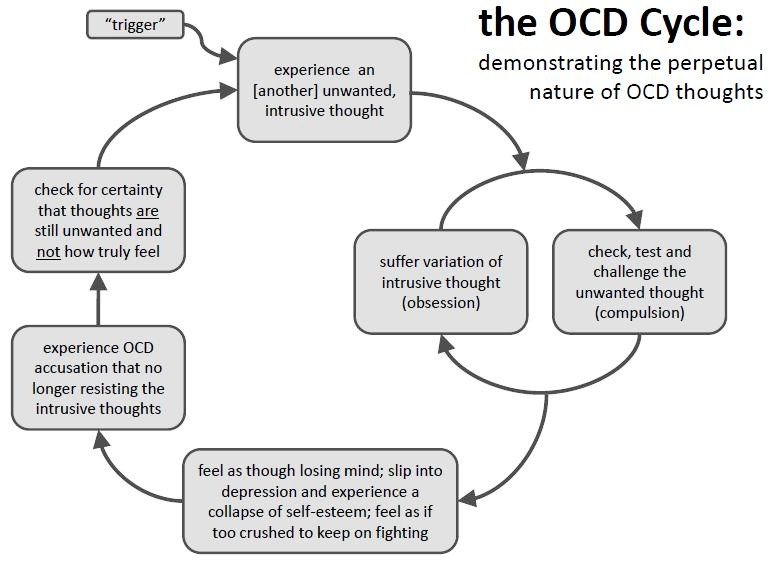 The present test is intended for educational purposes only. IDRlabs and the present IDRlabs Obsessive-Compulsive Spectrum Test are independent of the above researchers, organizations, or their affiliated institutions.
The present test is intended for educational purposes only. IDRlabs and the present IDRlabs Obsessive-Compulsive Spectrum Test are independent of the above researchers, organizations, or their affiliated institutions.
The Obsessive-Compulsive Disorder Spectrum Test is based on a famous and well-regarded inventory for the assessment of the clinical concept of obsessive-compulsive disorder. However, free online tests and quizzes such as this one are solely first takes and cannot provide accurate assessments of your potential condition. Hence, the test is intended to be used for educational purposes only. A definitive mental health assessment can be made only by a qualified mental health professional.
As the publishers of this free online obsessive-compulsive disorder spectrum test, which allows you to screen yourself for the signs and symptoms of this condition, we have striven to make the test as reliable and valid as possible by subjecting it to statistical controls and validation.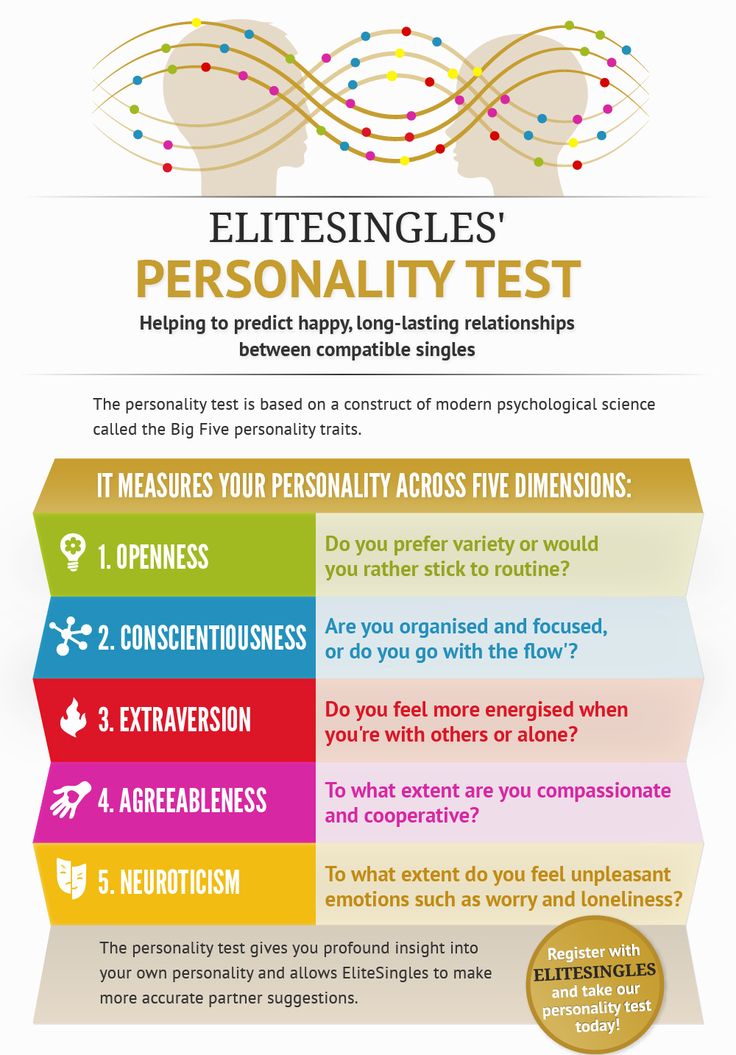 However, free online quizzes such as the present obsessive-compulsive disorder spectrum test do not provide professional assessments or recommendations of any kind; the test is provided entirely “as-is.” For more information about any of our online tests and quizzes, please consult our Terms of Service.
However, free online quizzes such as the present obsessive-compulsive disorder spectrum test do not provide professional assessments or recommendations of any kind; the test is provided entirely “as-is.” For more information about any of our online tests and quizzes, please consult our Terms of Service.
Personality disorder test
- Tests
- types
- articles
- news
- Members
- Search
This test is also available in these languages:
This 105-question Personality Disorder Test will tell you what your personality traits are. This test provides more dynamic and detailed information about your personal qualities than the Jung test or the Big Five test.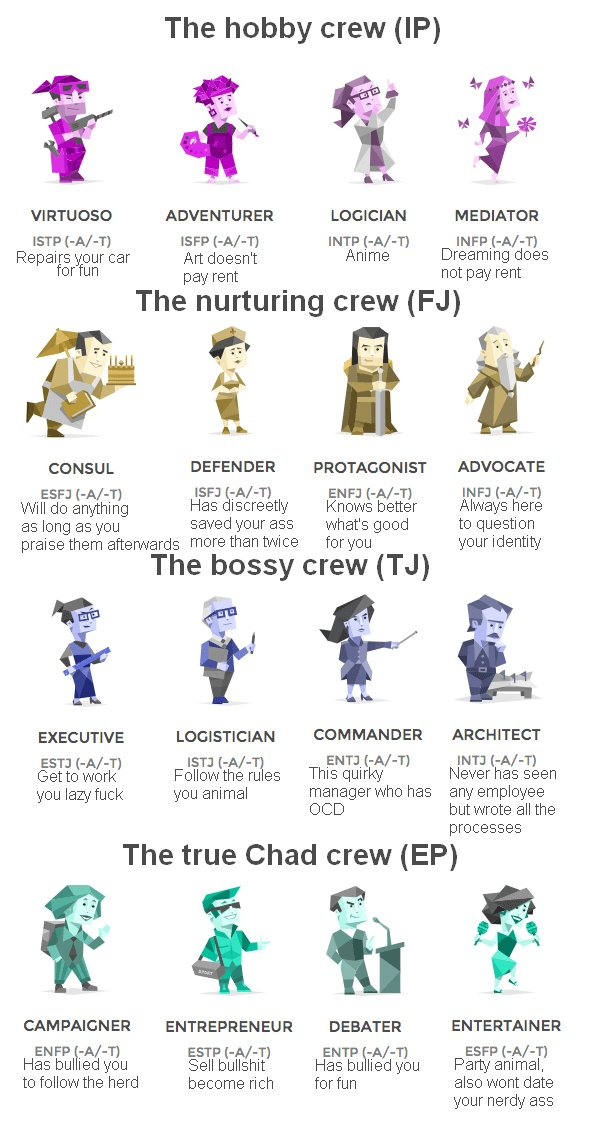
While taking this test, it is normal to feel that many of the aspects presented describe your personality. However, for best results, DO NOT click Agree if the statement only partially describes your behavior or character. If you are in doubt, please click "I disagree".
Question 1 of 105
I often please other people - even if I don't like someone, I feel like I just have to please that person.
I agree I disagree
PROCEED BACK
Advertisement
The Personality Disorder Test is the property of IDR Labs International, but pays homage to the work of Theodore Millon, Seth Grossman, Aaron T. Beck, Arthur Freeman, and Nancy McWilliams.
Beck, Arthur Freeman, and Nancy McWilliams.
This test helps to identify a possible mental disorder in your personality, however, it is worth noting that the results of the test do not necessarily correspond to real clinical studies conducted by registered medical professionals with the personal presence of the respondent, numerous conversations with the respondent and the presence of his or her personal and family data , in particular.
Accordingly, please note that this test provides information about personality types for educational purposes only. The information is provided "as is" and should not be construed as the provision of professional services or warranties of any kind. The Company is under no obligation to provide legal, medical, financial or any other professional services. If you need qualified assistance, please contact the relevant institutions.
Personality Disorder Test© is the property of IDR Labs International. To find out more, please see our Terms of Service.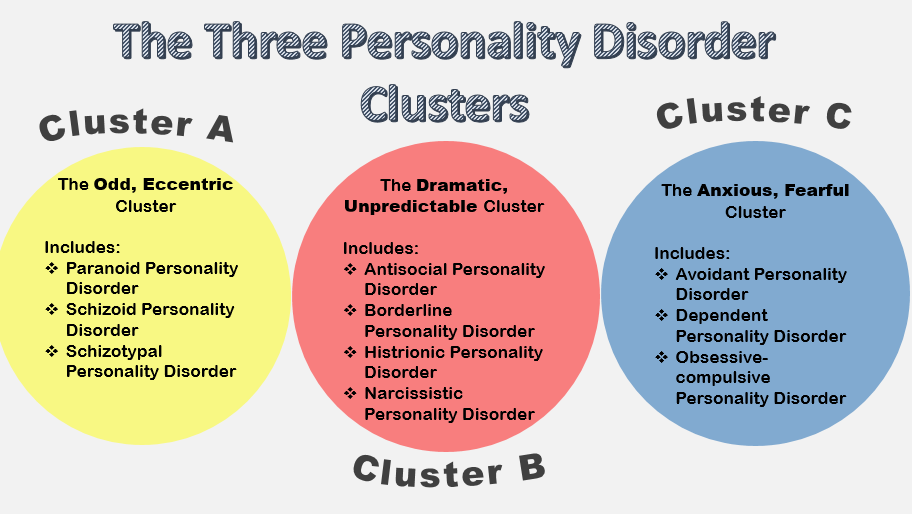
Test Borderline Personality Disorder Online • Psychologist Yaroslav Isaikin
The technique is a personality questionnaire developed on the basis of diagnostic criteria for borderline personality disorder according to DSM-III-R and DSM-IV in 2012 by a team of authors (T. Yu. Lasovskaya, S. V. Yaichnikov, Yu. V. Sarycheva, Ts. P. Korolenko). This questionnaire is just a convenient and valid tool for screening, daily diagnosis and verification of the diagnosis in psychiatric, general clinical and non-medical practice.
The respondent is likely to have borderline personality disorder if scores more than 25 points .
In this case, a consultation with a psychiatrist is required to clarify the diagnosis.
Another Borderline Personality Disorder (ZAN-BPD) symptom questionnaire here
Read more about symptoms, signs and diagnosis of BPD here
Bipolar Spectrum Disorder Probability Test
Depression Severity Test
1.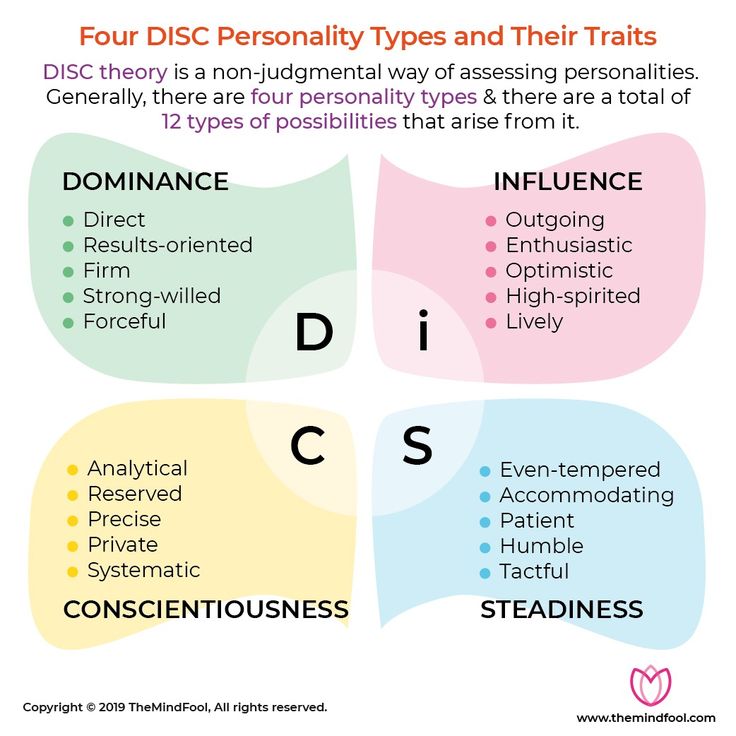 I am often disappointed in people who seemed ideal to me
I am often disappointed in people who seemed ideal to me
Yes
No
2. I can be called a "risk person" - I like everything that helps to feel the brightness of the world - driving at high speed, spending big money, experimenting with alcohol or drugs
Yes
No
3. I experience an unprecedented mood lift if I manage to win at least a small amount of money (for example, in cards or a casino)
Yes
No
4. I have episodes when I can eat a large amount of food (sweets, cake) and everything in the refrigerator in a short time
Yes
No
5. My mood is often good, even and stable
Yes
No
6. Others notice that my mood can be very changeable - sometimes several times a day
Yes
No
7. If I am really angry, I can easily insult a person or provoke a fight
Yes
No
8. Sometimes I get very angry, which is difficult to contain
Yes
No
9.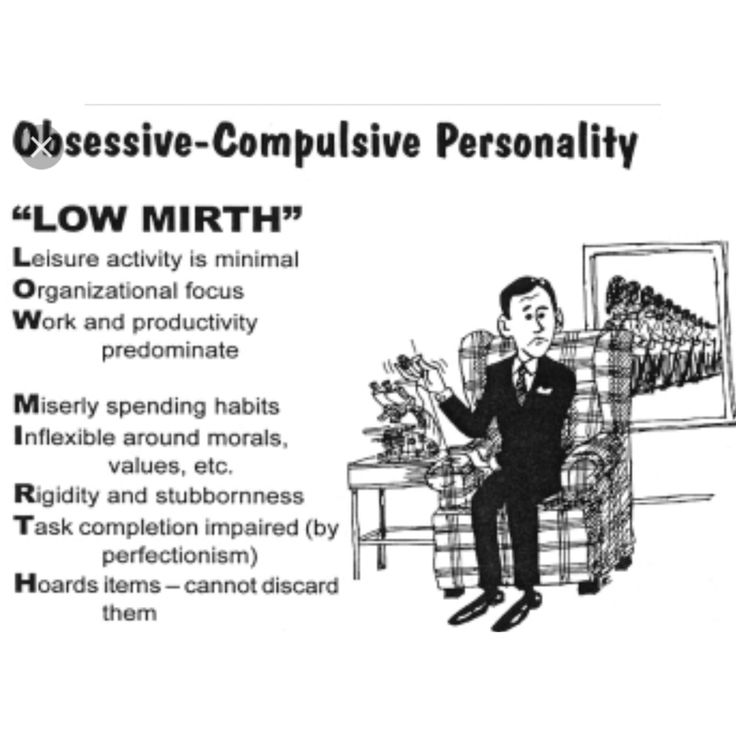 At moments of severe emotional distress, I have thoughts of suicide or self-harm
At moments of severe emotional distress, I have thoughts of suicide or self-harm
Yes
No
10.Sometimes I suddenly want to do something that may or may not end in my death, such as taking a large dose of medication
Yes
No
11. At times such bad thoughts come into my head that it is better not to talk about them
Yes
No
12. There were episodes in my life when I injured myself (cut my hands with a razor, burned my skin with a cigarette, etc.)
Yes
No
13. Others notice that I can sometimes do rash things
Yes
No
14.Sometimes it happened that I didn't finish almost finished work, as it ceased to interest me
Yes
No
15. Sometimes I feel such a feeling of melancholy and boredom that I am ready to die
Yes
No
16. Sometimes I feel such a feeling of emptiness that I am ready to break my fingers with a hammer to feel that I am alive
Yes
No
17.